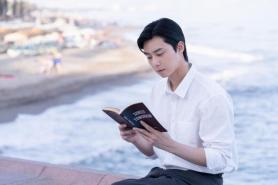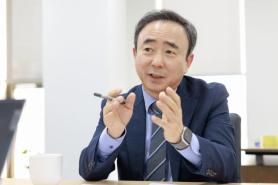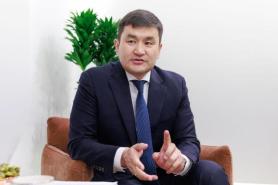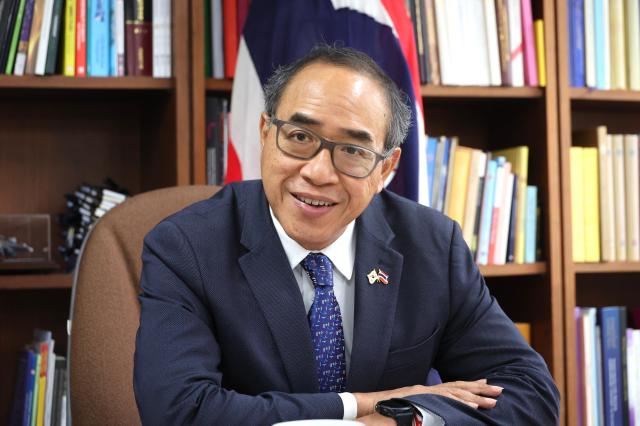
SEOUL, August 31 (AJP) - Thailand and South Korea share a long friendship built on history and sacrifice. Ambassador Tanee Sangrat reminded that the foundation of trust goes back to the Korean War, when Thai troops fought alongside South Koreans.
"Thailand is an old friend," he said during an interview with AJP on August 28. "Our cooperation began with sacrifice during the Korean War, and it remains the base for everything we can achieve together." Thailand was the first Asian nation to send troops to fight alongside South Korea and United Nations forces in the Korean War.
Following North Korea’s invasion in June 1950, the Thai government under Prime Minister Plaek Phibunsongkhram quickly pledged support for the UN command. In total, more than 11,000 Thai soldiers rotated through the Korean Peninsula between 1950 and 1953. Over 1,200 were wounded and 136 killed in action. This early sacrifice established Thailand as one of South Korea’s staunchest partners, laying the groundwork for the diplomatic and security ties that endure today.
Asked about priorities, the ambassador placed security and defense at the top. "It is vital that Thailand and the people of Korea take full advantage of our close and long-standing relationship and cooperation," he said, stressing, "We must work more closely on cybersecurity, humanitarian assistance and disaster relief, and on fighting transnational crime such as cyber scam call centers."
He also pointed to existing defense industry ties. "Our most advanced ship was built in this country by Hanwha Ocean. Thailand acquired T-50 jet trainers from Korea and they are now in active use. These are concrete examples of what we can do together."
On the economic front, he stressed resilience and new growth. "We should reduce risks and strengthen ties through an Economic Partnership Agreement. There are many areas of economic cooperation, including artificial intelligence, quantum technologies, future mobility, renewable energy, batteries, and semiconductors."
For South Korean investors looking at Southeast Asia, he presented Thailand as both a market and a base. "Thailand is at the crossroads of the region. We are the main hub of Southeast Asia. With advanced highways, rail, international ports and deep seaports, we can serve as both a manufacturing base and a consumer market for high-tech industries."
He listed concrete incentives. "We provide corporate income tax exemption for up to 13 years and a 50 percent reduction for up to five years. Non-tax incentives include permission to bring in skilled workers and the ability to remit funds abroad in foreign currency," Ambassador Sangrat said.
The Eastern Economic Corridor is central to this pitch. "The EEC covers Chachoengsao, Chonburi, and Rayong," he said, adding, "We are building a high-speed railway linking Don Mueang, Suvarnabhumi, and U-Tapao airports. Phase three of Laem Chabang Port is already underway. The EEC has its own office and its own law to support investors."
He then outlined five industries that the government prioritizes. First is bio-based industries, drawing on sugarcane and cassava for biotechnology, bioenergy, biochemicals, and biopharmaceuticals. Second is healthcare and medical services, where Thailand is already a global leader in medical tourism. Third is semiconductors and advanced technology. Fourth is digital and creative industries, with our digital economy contributing more than six percent of GDP in 2023. Fifth is electric vehicles. We produced almost 1.5 million vehicles in 2024, and we are transitioning rapidly to EVs."
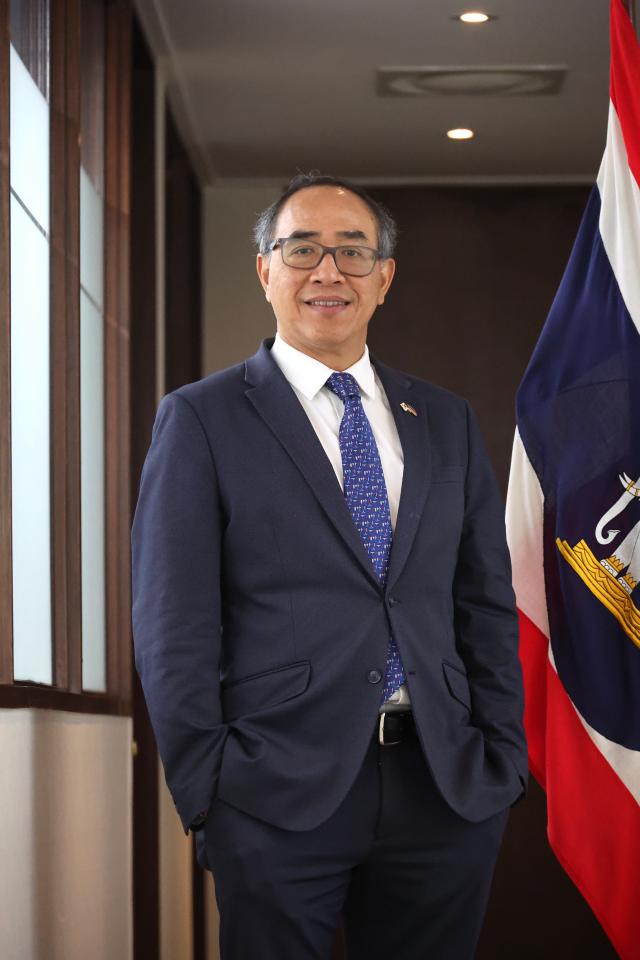
The conversation moved to education. "We are linking key Thai universities with Korean institutions such as KAIST and Seoul National University," he said. The envoy also revealed plans to establish permanent joint research labs and to produce PhD-level talent in AI, semiconductors, batteries, and other sectors over the next five years. "Students will also be encouraged to work on startups of their own," the ambassador said.
Culture will also be central. The embassy is preparing a two-day festival in Seoul that kicks off on September 6. "Last year, more than 50,000 people joined us. This year we expect around 6,000," he said. "We will open in the morning and hold a parade in the afternoon led by Buakaw, the Muay Thai champion.
The champion will collaborate with a Taekwondo team while the festival will exhibit an Innovation Zone for Thai startups, and offer free Thai massage throughout both days. The Khon masked dance and a Pattaya cultural show will highlight tradition. T-pop (Thai-pop) artists will perform for young audiences, and there will be singing and dancing competitions for Koreans and international friends."
On migration issues, he acknowledged concerns. "There are more than 170,000 Thai nationals in Korea. Almost 50,000 are legal workers, but many remain undocumented," he said. "Our strategy is to reduce the number of undocumented workers and increase the number of documented workers."
He pointed to cooperation with South Korean authorities. "We are working with the Ministry of Labor and the Immigration Service to improve the K-ETA process so that decisions are made before travel. Travelers should not be turned back at the airport after spending so much money to come. We also support the voluntary return program so undocumented workers can go home without penalties."
The ambassador closed on a forward-looking note. "Korea is becoming a global power not only in soft power but in many industries and technologies. Thailand has grown as well. We must look more to each other for closer strategic collaboration in defense, AI, quantum computing, biotechnology, pharmaceuticals, green energy, and small modular reactors—for the benefit of our people."
Copyright ⓒ Aju Press All rights reserved.


